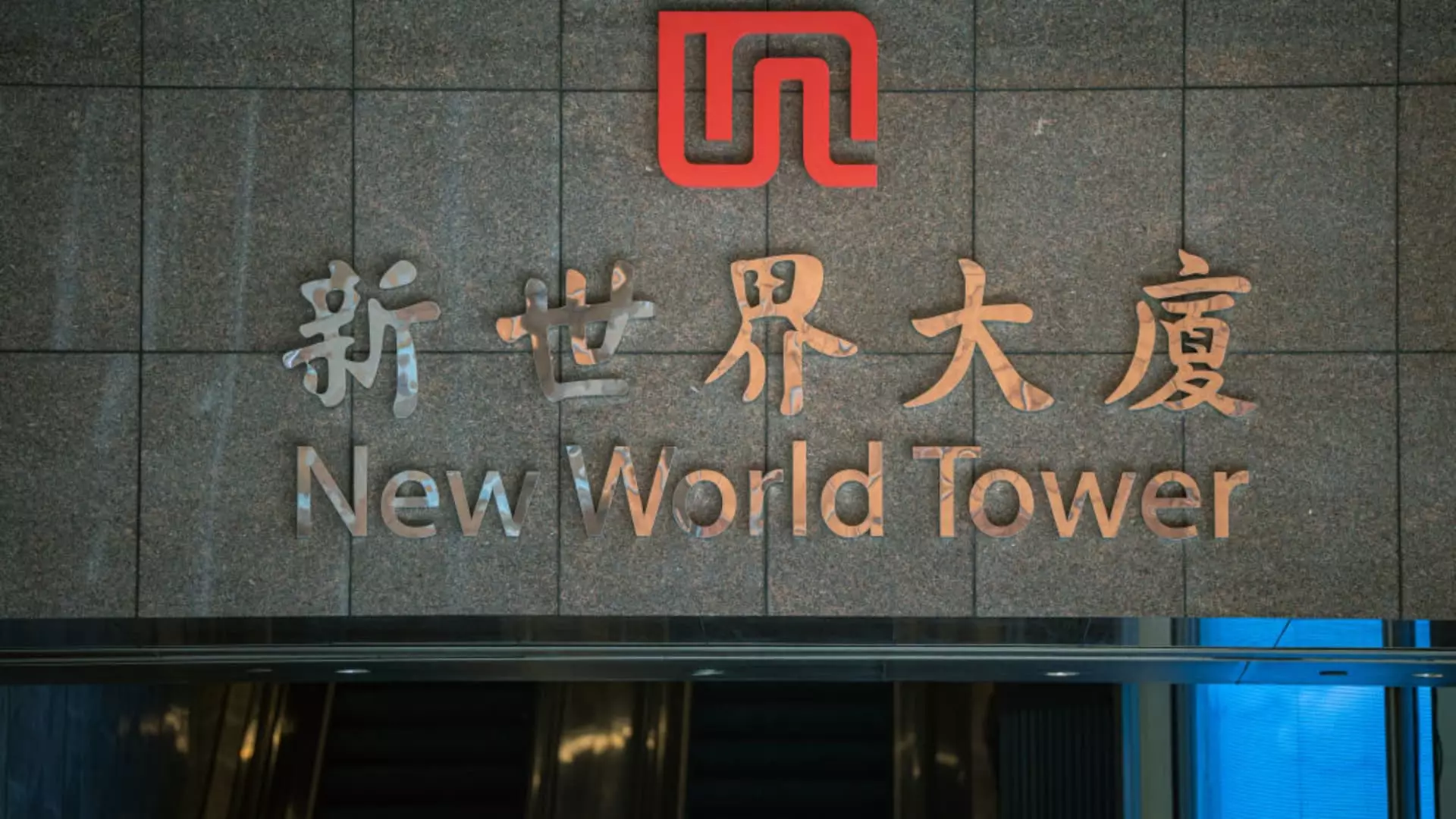In a significant shift for New World Development, a prominent real estate entity in Hong Kong, shares experienced a notable surge of 23% following the resignation of Adrian Cheng, a member of its founding family. This unexpected change was closely monitored by investors and analysts alike. Cheng’s announcement to step down was significant, as he cited a commitment to “public services and other personal commitments.” His exit prompted the company to halt trading temporarily, raising suspicions and concerns over the future direction of the firm. Investors often view leadership changes as pivotal moments, capable of altering company trajectories and performance in response to new management philosophies.
Appointment of New CEO and its Implications
The appointment of Eric Ma Siu-Cheung, the Chief Operating Officer, as the new CEO illustrates a noteworthy trend—outsider leadership of a traditionally family-run business.” This decision signifies a crucial move towards diversification of management styles, possibly responding to past performance challenges. Historically, many companies in the region have favored family members for top roles, highlighting a reluctance to embrace external talent. However, experts suggest that for firms like New World Development, a forward-thinking approach that prioritizes professional expertise over familial ties may contribute to more robust governance, allowing the organization to better navigate evolving market conditions.
Despite the positive market response, New World Development faces severe financial hurdles. The recent forecast shows anticipated losses ranging from HK $19 billion to HK $20 billion, a plight attributed to plummeting sales and significant investment losses. This reality presents a stark contrast to the optimism reflected in the stock market. As the developer grapples with elevated debt levels, navigating these challenges will be critical. Alicia Garcia-Herrero, Chief Economist for Asia Pacific at Natixis, draws attention to the essential role of corporate governance, particularly in volatile economic environments. She posits that the prevailing trend of appointing family members to leadership roles may have created vulnerabilities, underscoring the need for capable management, especially during downturns.
The uptick in New World Development’s shares is not solely a reflection of their internal organizational changes but is also closely connected to stimulating economic measures implemented by the Chinese government. Recent announcements by China’s central bank aimed at revitalizing the struggling real estate sector have fueled broader market rallies, prompting increased investment confidence in Hong Kong and mainland equities. The focus on effective fiscal and monetary policies to bolster employment and address systemic challenges, such as the ageing population, suggests a concerted effort by Chinese authorities to stabilize and support economic growth.
While New World Development’s stock price rebounds in response to its leadership changes and the broader economic landscape, the path ahead remains fraught with challenges. The interplay between effective governance, market sentiment, and external economic stimuli will determine the fortunes of this key player in Hong Kong’s property market as it seeks to redefine its legacy in a changing world.

